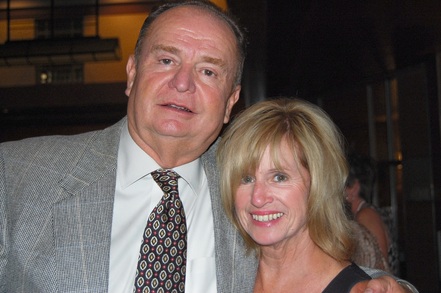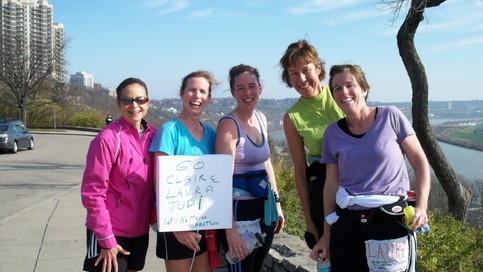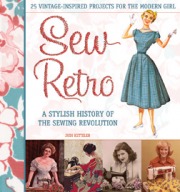It's become the place where I get bad news, which usually comes from my sister, Laura.
It’s the chair where I was sitting a year-and-a-half ago when she called to tell me that our brother, Paul, died. And it’s the chair I was sitting in last Tuesday when she called to tell me that our Uncle Red (a.k.a George Meinhardt—nicknamed “Red” for his hair) had died suddenly. At 72, he died of a massive heart attack. One minute he was here, vibrant, probably cracking a joke. And the next minute, almost literally, he was gone. No warning. No preparation. No logic.
His obituary talks about his professional accomplishments (which were many) and his devotion to his family (which I witnessed firsthand for years).
But I want to add my own tribute, and the best way I can do that is to write something about how he affected my life. I hope it provides comfort to his family and friends (when you lose a loved one, you never get tired of hearing the ways in which they affected other people). But even if you didn’t know him, stick with me here, because it will all come back around to you.
So, a few facts . . . My Aunt Mary (my dad’s younger sister) and Uncle Red married young, and had children quickly. They lived with my grandmother for the first few years of their marriage.
Now, we’d say those are bad odds.
50+ years of happy marriage would seem to suggest they kicked the odds to the curb.
As a kid, Aunt Mary and Uncle Red were the most chic people I knew. I spent a lot of summer weekends at their house when I was little, visiting with Molly. These weekends usually culminated in Molly and me performing some sort of “show,” which our parents were forced to sit through (most definitely with beer in hand). I loved everything about the energy of the Meinhardts’ house. It was big and beautiful, but it had soul, too. I’d sit on their patio, listening to all of them talk. Uncle Red told stories like no one else I knew. He had the kind of wit that’s warm and funny, and he never talked down to me. Growing up, I saw that he was a brilliant people person. He knew how to talk to people and connect to them. It’s no surprise that he built a successful real estate business out of practically nothing. Truthfully, his story of hard-earned success never stopped being an inspiring example for me, especially as I started to build my writing business.
In fact, Uncle Red was one of my biggest champions. He loved that I was a writer, and that I was following my bliss. I got the chance to work on a project for him once, and I saw how much the people he managed loved and respected him. At every family gathering, he would tell me his latest "brilliant" book or article idea. We’d laugh about it, but honestly, in the back of my mind, I thought maybe we would collaborate on something someday.
I've had many great conversations with Uncle Red through the years, but the memory of him I cherish the most is a recent one. The November day in 2009 when my sisters and I ran our marathon in memory of Paul, he and my Aunt Mary showed up at mile 19. He was holding this silly sign he made from the back of a box and a stick. It was such a simple thing: showing up. But on that day, it meant everything.
These questions haunted me this weekend as I watched my Aunt Mary and my Meinhardt cousins bury my uncle. I know that religious faith helps many people figure out answers, and I'm grateful that it provides comfort to people. But I don’t have the faith, and I definitely don't have the answers. I do, however, know that if I live long enough, I have a lot of loss ahead of me. I need something, so here is what I think:
I think that when a person dies, everything that was good about them—all of the positive energy and love they generated—gets recycled back into the world. We can access it by thinking about the person. We can add to it by channeling them.
So I’m channeling you, Uncle Red, and the things that I think you stood for: family first, love what you do, love who you are, be kind, make success happen, be a leader, find ways to give back, and maybe more than anything . . . just show up when you need to show up.
Peace out, Uncle Red. You’ll never be forgotten.




 RSS Feed
RSS Feed